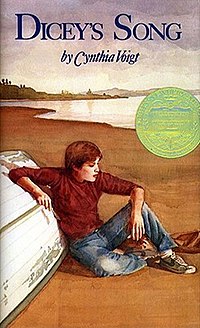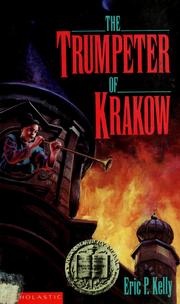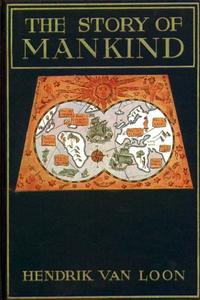First, Dicey's Song by Cynthia Voigt. I listened to this one a loooooong time ago and.... I honestly was pretty neutral on it. It is the second book in the series about the Tillermans - following Homecoming. My assessment of Homecoming was that it was a darker and edgier Boxcar Children. Dicey's Song picks right up where the first left off with the Tillerman kids adjusting to life with their grandmother. It is much more introspective as Dicey tries to decide what to do next. She feels that they will be asked to leave soon and tries to prepare for that while struggling to make several school decisions for her two youngest siblings. Both the books I listened to from this series seemed to be bogged down. I liked the gist if the story, but there was far too much filler.
The Dark Frigate by Charles Hawes is, to my knowledge, the only author to receive the Newbery posthumously. He was well respected for his tales of adventure on the high seas, often being compared to R.L. Stevenson. Ummm... I'm not entirely sure what happened in this book. There were pirates, a trial, and an inn. I remember hearing this book, but apparently I wasn't listening, it was simply too boring for me to really care.
Finally, The Trumpeter of Krakow by Eric Kelly. I loved this book, in no small part I'm sure due to the fact that I was in Krakow when I listened to it!!!! Being able to see areas described in this book was absolutely thrilling. I started the audio book on the train leaving Bratislava (which was totally the wrong train but that story is for a different time and place) and finished it halfway through my visit. Krakow was probably my favorite city in Europe (neck in neck with Salzburg) and the old town is put on brilliant display in this book.
I totally believed that there had been a trumpeter in Krakow during the past ages - I never doubted that, but on my fist day visiting the Market Square I was delighted to hear the sounds of a trumpeter somewhere in the bustle. I came around a corner and saw glorious Saint Mary's tower where the sharp notes of music were coming from. From there I discovered the old town of Krakow both physically and through the text. Sometimes I went and found locations I had heard in the book first and sometimes I was surprised to hear the book mention a place I had visited just before. I've never experienced a book or new place in this way before and it was one of the highlights of my time in Europe! Now just for fun here are some pictures of locales mentioned in the book:
The mighty Vistula River, which features prominently in the very end of the book.
Florian's Gate, the only remaining piece of the walls that once surrounded the old town.
Street between Florian's Gate and the Market Square.
Cloth Hall, which houses a museum and arcade style shops.
View of the Market Square. The church on the right is Saint Mary's and the tallest spire is where the trumpeter plays from each hour. I waited several minutes one day to listen to him play out each window, it was so exciting!
Inside the oldest university building in Poland! The Collegium Maius was a key location in The Trumpeter of Krakow. It has seen famous students ranging from St. John Paul II to Copernicus.
The Wawel Cathedral, which is mentioned in the book but I don't recall it being of much importance.
Inside the Wawel Courtyard - looking back I see I don't have any spectacular photos of the Wawel, it is perched on a hill and all the buildings up there are so close together that getting a good shot was too difficult and I just enjoyed myself.
Another bit of the Wawel Cathedral.












